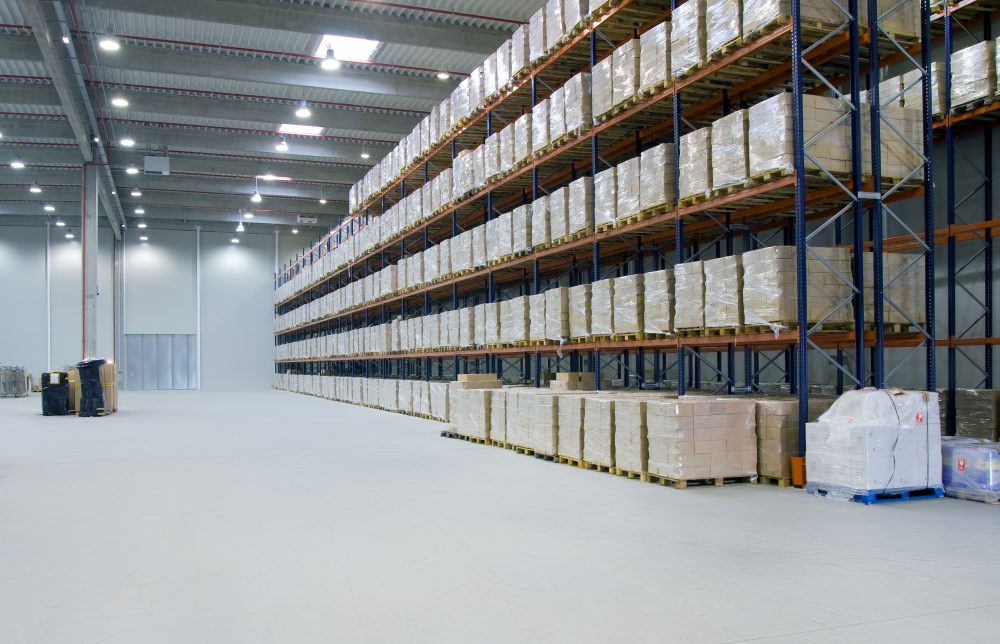LED lighting has quickly become the industry standard in warehouses and manufacturing facilities. It’s more powerful, less expensive to operate and more controllable than ever before.
Now, LED lighting is being offered more and more as a network-connected item in today’s Internet of Things environment. This “smart” lighting goes beyond just the average motion detector, allowing greater flexibility and features for plant operators.
Benefits of network-connected LED lighting
Aside from just being a neat, high-tech feature, internet-connected light fixtures present tangible benefits for a manufacturing facility or warehouse.
1. Smarter motion detection — Traditionally, motion detectors are attached to each individual fixture, and these sensors typically detect motion within a 30-foot radius. However, when it comes to aisles in a warehouse, network-connected lighting can now reduce the number of motion detectors to one at each end of the aisle. Rather than triggering one individual light at a time, the entire aisle can be illuminated at once, providing convenience and improved safety. This can also be applied to exterior lighting, such as illuminating a long driveway all at once.
2. Programmed dimmability — Internet-connected LED lighting can be automatically set to dim at various percentage levels based on conditions such as motion detection or scheduled times. This increases safety by preventing complete darkness in a warehouse while also reducing energy costs by only providing as much light as needed at any given time.
3. Energy monitoring — By connecting light fixtures to your network, you can monitor their usage and energy consumption via a building management system. This allows you to analyze trends and optimize how your facility uses its lighting.
4. Remote access — Network connectivity gives plant managers control of the facility’s lighting remotely, if ever needed. This typically applies more to office spaces and employee welfare areas, but it can be a nice option to adjust lighting settings even from off site.
The internet-connected facility of tomorrow today
With network-connected LED lighting, you can control every fixture in the building with a phone or tablet. While this is still a “premium” option for some facilities, the market is trending toward this becoming the new standard as technology develops and costs fall.
Internet-connected sensors are revolutionizing numerous aspects of how facilities are run, from utilities to processing and beyond — and lighting is no exception. From machine learning and predictive analytics to cloud-based technology and advanced robotics, we’re getting more and more requests to incorporate these modern tools into warehouses and food plants.
Have questions about the best lighting setup for your facility? Email me at foodforthought@stellar.net or leave a comment below.



